Unauthorized snapshots may infringe on portrait rights, lawyers cautioned
Whether street photography and filming constitute infringements of privacy and portrait rights was the topic of heated discussion on Chinese social media platforms over the past week after a former State-owned enterprise official was filmed in public holding hands with a woman.
The controversy involving Hu Jiyong, a general manager of a Beijing-based company affiliated with China National Petroleum Engineering Corp (CPEC), arose when a video clip of him strolling along a street in Chengdu, Sichuan province, holding hands with a young woman went viral on Wednesday. CPEC is a subsidiary of China National Petroleum Corp.
Netizens quickly identified Hu, who was on a business trip to Chengdu, and noted that the woman was neither his wife nor his daughter.
On Wednesday afternoon, Hu, who served as the executive director, Party secretary and general manager of Huanqiu Project Management (Beijing) Co, was removed from his posts and placed under disciplinary investigation, according to a release issued by the company.
The incident, dubbed "hand-holding gate" by some media organizations, quickly topped the most-searched list last week on various social media platforms. It also sparked heated public discussion of whether street photography can constitute an infringement of privacy.
On Thursday. the photographer in question told Dahe Daily, a news portal in Zhengzhou, capital of Henan, that he received messages from Hu and the woman after posting the video online and that he had removed it from the internet.
He said that neither Hu nor his companion objected to being photographed at the time and that he would not take photos or videos of people if they were unwilling, much less post them online.
"Taking photos or videos on the street, as was the case in Chengdu, doesn't infringe upon the right of privacy, because the street is public space," said Yi Shenghua, a lawyer at Beijing Yongzhe Law Firm. "But the act can infringe upon a person's right of portrait."
Wang Weiwei, a lawyer at Beijing Zhongwen Law Firm, explained that if photographers take photos of passersby without their permission and post them publicly, or use the images for profit, they could be guilty of violating the portrait rights of those photographed.
Under the Civil Code, all residents hold the legal rights to their portraits. Without the owner's permission, portraits may not be posted, copied, published, rented exhibited, or used in other public areas.
But if portraits relate to the public interest, such as is the case with news reports, performance of duty or supervision, or are used for personal studies or for illustrating a specific public environment, they can be posted without permission, according to Shan Yanwei, a lawyer at the Bluerule Law Firm in Henan.
All the lawyers interviewed have called for street photographers to abide by the law and respect the legitimate rights of passersby, and suggested prudence while working on the street to ensure their behavior complies with the law, ethics and morals.
"This doesn't mean that street photography should be completely rejected because of this incident, but photographers and citizens should be more aware of the legal risks of taking public photos and be careful not to create disputes," Wang added.
While the Chengdu photo resulted in scandal for the former official, it also brought the city's Taikoo Li, a business and fashion zone, back into the public focus.
With the rapid development and popularity of short videos in recent years, Taikoo Li in Chengdu, like other areas such as Sanlitun in Beijing and Anfu Road in Shanghai, has become a favorite spot for visitors, including online celebrities and fashion stars, to take photos and make videos. They are also popular locations among street photographers.
On Thursday, when Jimu News visited Chengdu Taikoo Li, it found that yellow notices had been placed along the street reminding passersby to be more aware of protecting their right of portrait and clarifying that filming shoppers would not be supported.
Service staff at Taikoo Li told the news portal that the signboards have been in place for several years, but that it was still possible to take photos in the area.
They pointed out that taking photos for business purposes requires permission, but that there was no restriction on private photography.
Beijing's Sanlitun Taikoo Li also issued a "street photography reminder" on Friday evening, stating that there are multiple warning signs in prominent locations in the popular shopping area, reminding customers to be more aware of protecting their personal portrait rights.
Sanlitun Taikoo Li does not support any unauthorized commercial photography and has a formal application channel for commercial photography, it said.








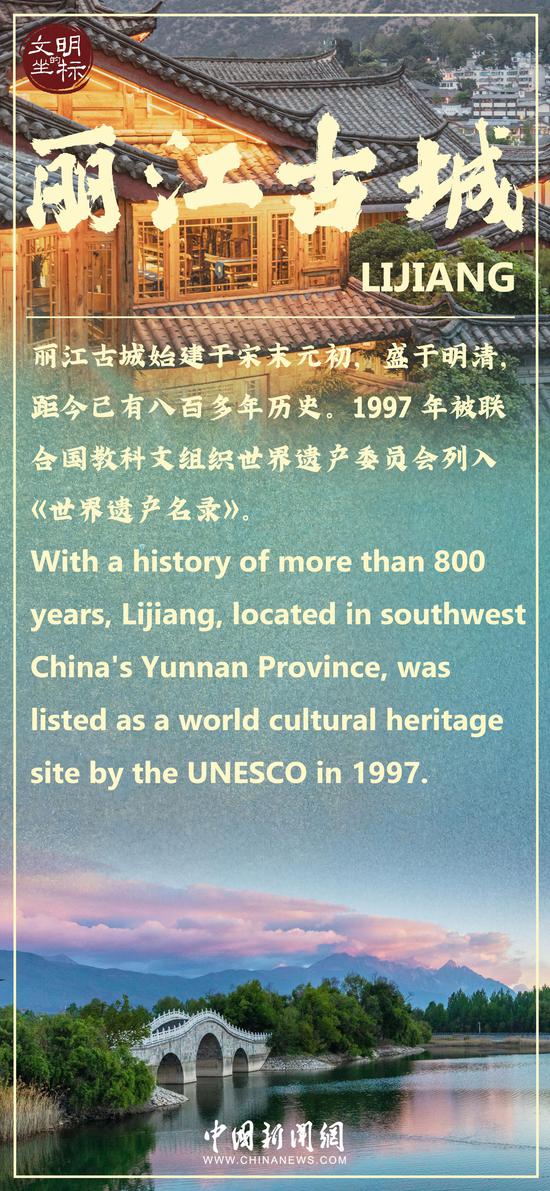
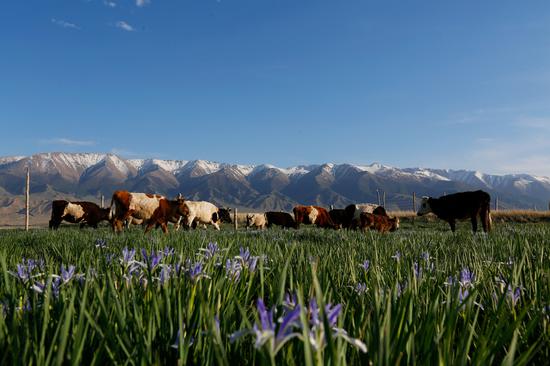


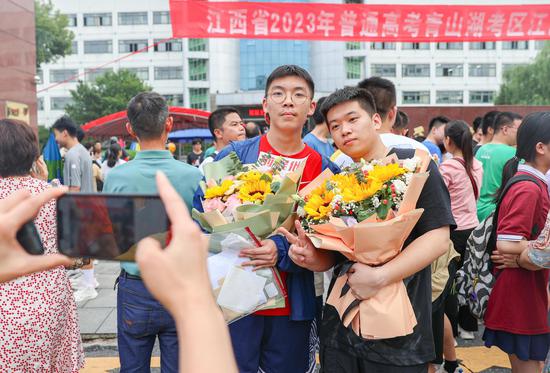

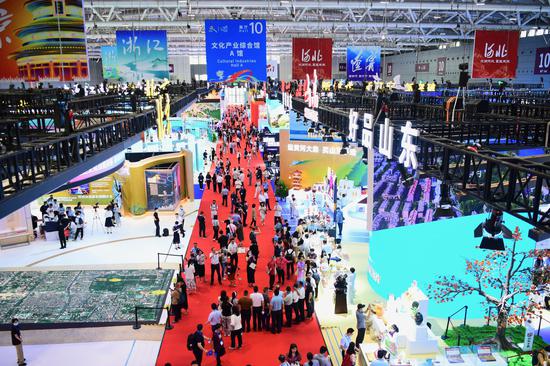
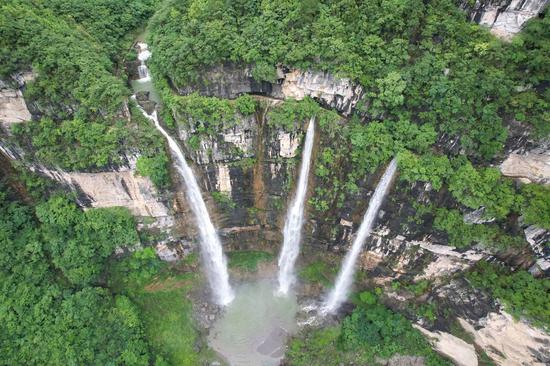


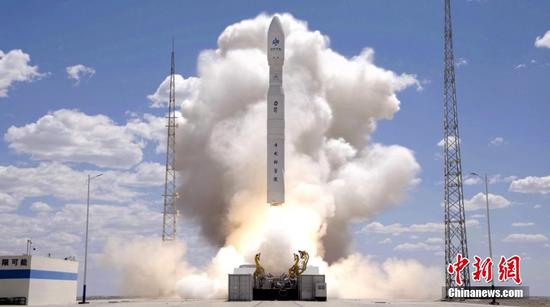
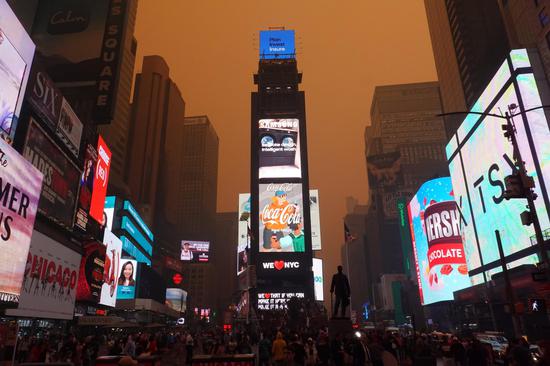





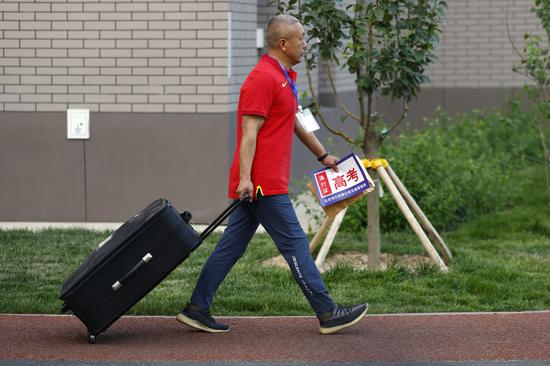

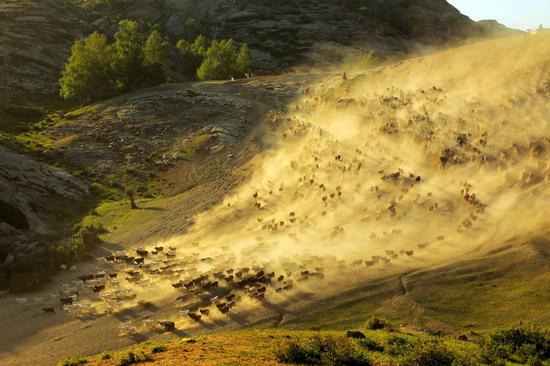
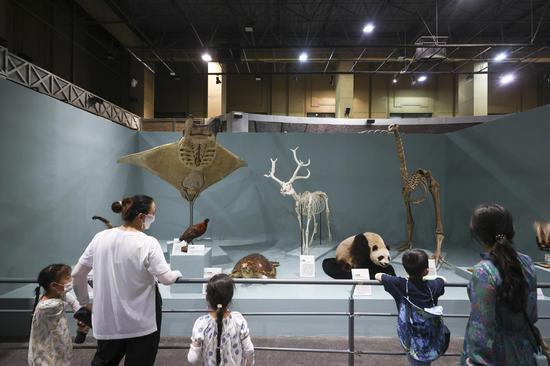
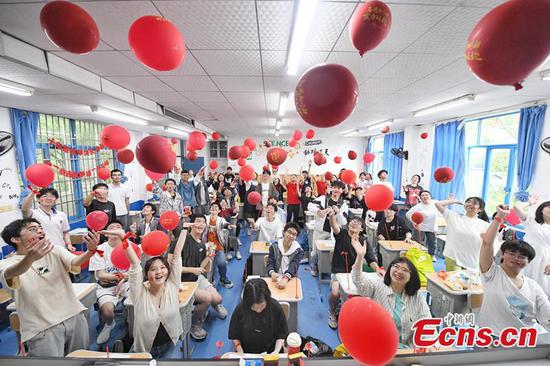

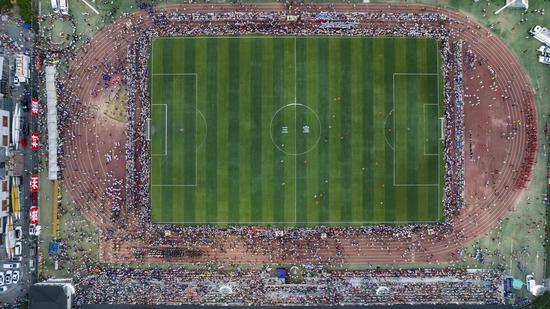
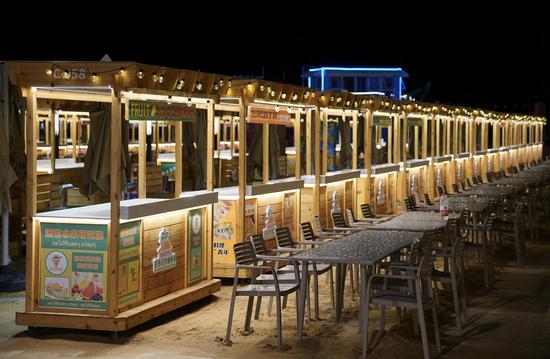
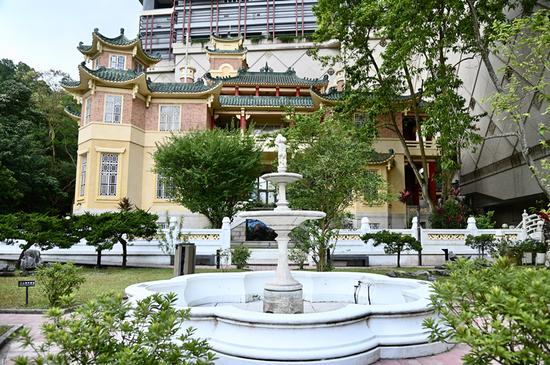
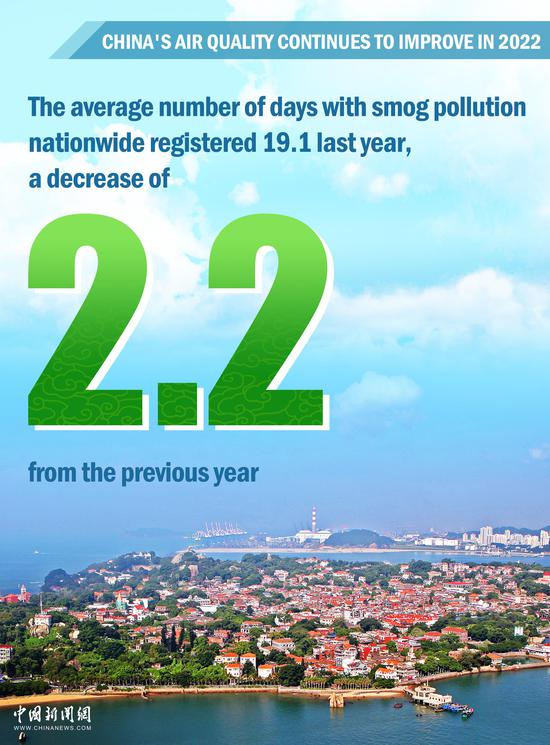
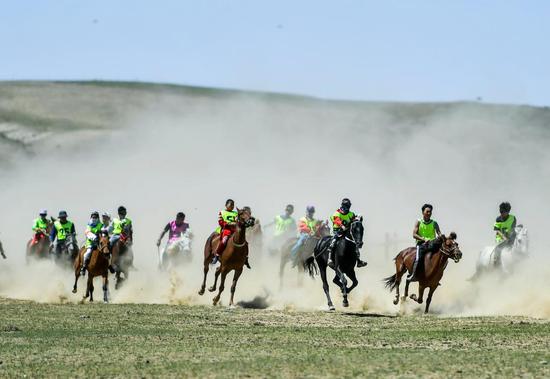


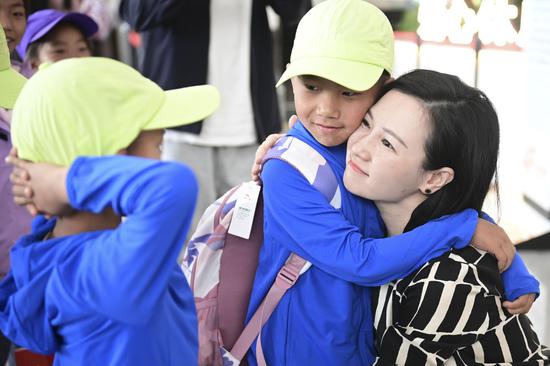


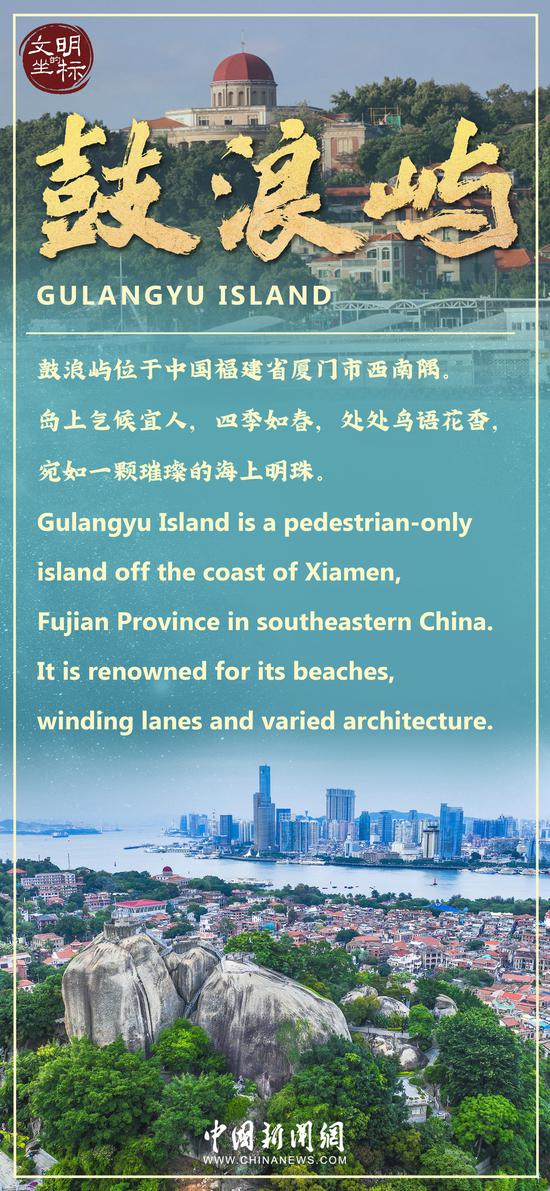
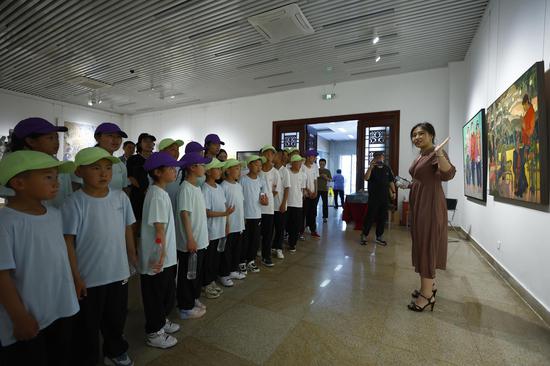







 京公网安备 11010202009201号
京公网安备 11010202009201号